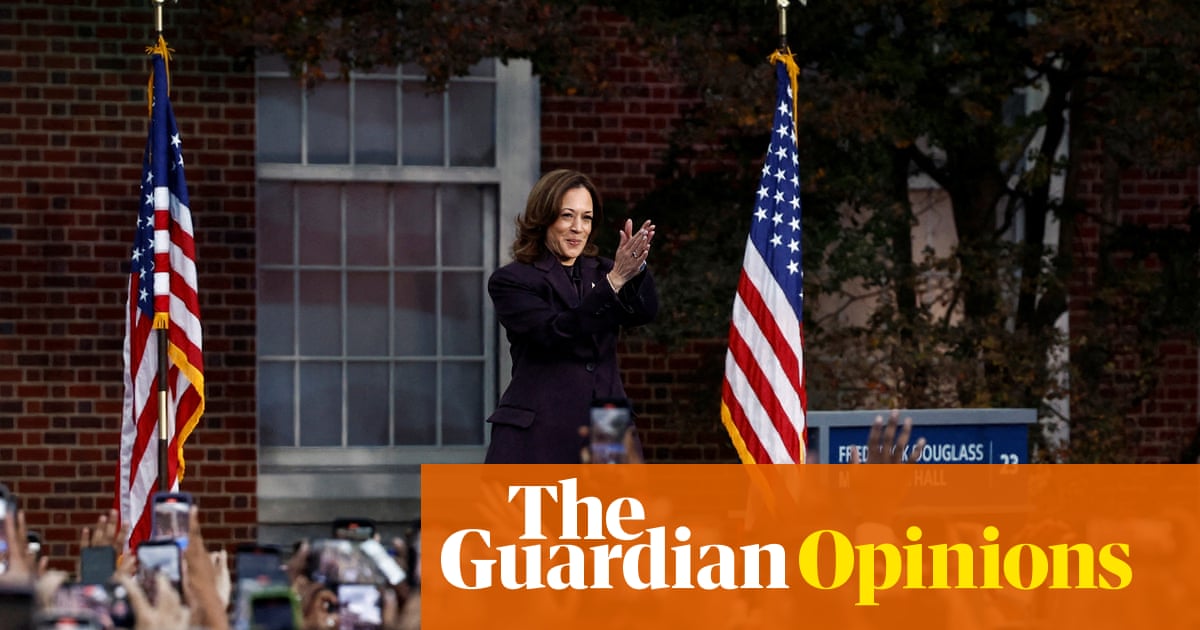Summary
Gender bias played a significant role in Kamala Harris’s defeat, with many voters—often women—expressing doubts about whether “America is ready for a female president.”
Some said they “couldn’t see her in the chair,” or questioned if a woman could lead, with one even remarking, “you don’t see women building skyscrapers.” Though some voters were open to persuasion, this often became a red line.
Oliver Hall, a Harris campaign volunteer, found that economic concerns, particularly inflation, also drove voters to Donald Trump, despite low unemployment and wage growth touted by Democrats.
Harris was viewed in conflicting ways, seen as both too tough and too lenient on crime, as well as ineffective yet overly tied to Biden’s administration.
Ultimately, Hall believes that Trump’s unique appeal and influence overshadowed Harris’s campaign efforts.



The incumbent President was the nominee. Generally, the incumbents don’t hold primaries because the outcome is all but certain, and party leadership has never forced an incumbent to step aside before. By the time Biden dropped out, there was no time for a primary. If we’d have tried dumping Biden, holding a primary in a country of 350 million people, and running a general election campaign in barely 3 months, we’d have been a laughing stock. We’d be infighting for months while Trump was running a general election campaign unopposed. The RNC would be saying “We’re firmly behind Trump. Biden is so bad that the DNC forced him out of the race and all of the other options are so bad that they can’t settle on one.” If you think that the election was a slaughter, that scenario would have made everything exponentially worse.